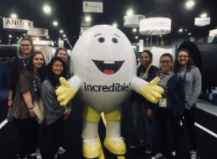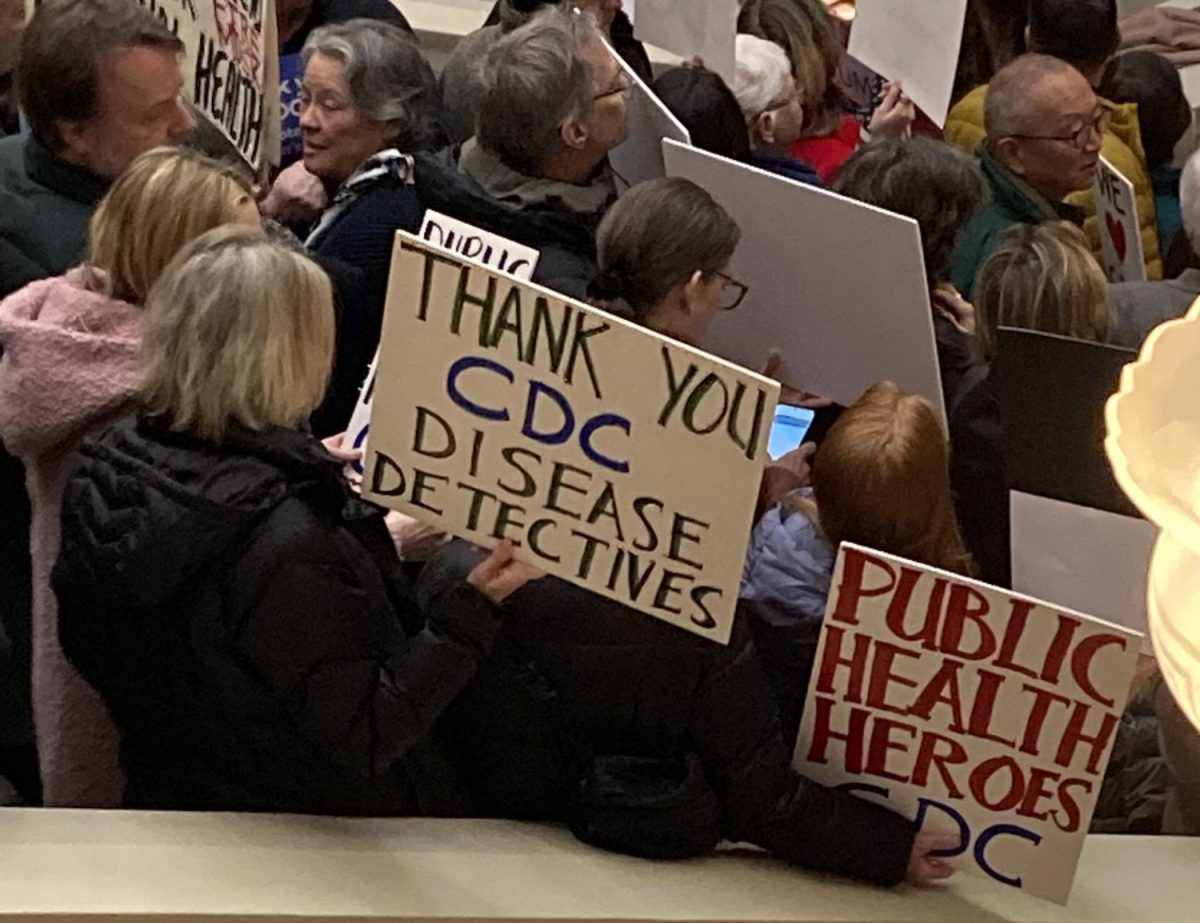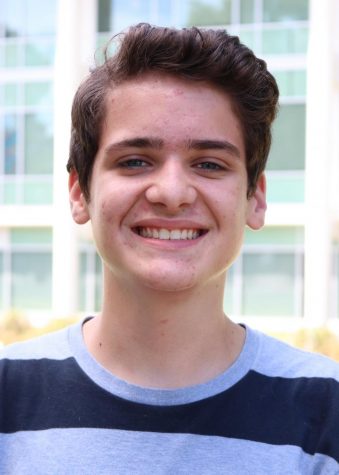As the time for picking classes for next year approaches, many students are looking into the option of taking courses outside of Chamblee Charter High School. Some may choose to dual enroll at local universities and others may take online courses, but a lesser known option is taking courses at Fernbank Science Center.
“If you like science and have the flexibility in your schedule, I think it’s a really neat opportunity for our students,” said Chamblee counselor Lydia Adle.
Fernbank is a museum as well as a school, located about 15 miles away from CCHS, and offers a few different options for students here at Chamblee. The first is a program known as the Scientific Tools and Techniques course, or STT. According to Fernbank’s website, it is a semester-long course designed to “familiarize students with the tools and techniques of scientific inquiry” and give students the opportunity to “explore all aspects of science, gaining a better understanding and a greater appreciation for the scientific process.”
Sophomore Hattie Carter took the STT course last year, and had an amazing experience with the class.
“I heard about STT from my science teacher, Ms. Reyes,” she said. “Science has always been my favorite subject and being able to do a specialized class on it really interested me.”
For STT, the application process occurs in eighth grade, and applicants must complete an essay. From the pool of essays, Fernbank selects a certain number of students from schools around DeKalb, and once selected, these few students take the class second semester of ninth grade. Magnet students cannot participate in STT.
The structure of the program is basically 14 different science classes ranging from bird studies to astronomy, all combined into short two- or three-week units and then intermingled with field trips and hands on activities. The semester counts for a whole environmental science as well as a biology credit, and because the class takes up all of the first four periods second semester, making it the same value as taking a normal class for a whole year.
“My ornithology class was only three days but we had to memorize over 200 species of birds for our final, which I can actually still name,” said Carter. “I got exposed to a bunch of different sciences too, like planetary geology — God that class was hard — and energy. We also had field trips fairly often so that was a ton of fun and I feel like I learned a lot more when we were physically going to the place. We were reading about and learning how to apply what we were learning to the rest of the world.”
Fernbank provides transportation for all STT students, which comes in the form of a very, very early morning bus.
“It sucked so much,” said Carter. “Honestly, if I didn’t like science as much as I did, I would have been so unmotivated because of the lack of sleep. It got to the point where I would average about three hours of sleep a night and at the end of the semester I was so, so tired, like the type of tired that physically hurts. On the day of the final I actually fell asleep and my teacher didn’t even bother to wake me up, so when I finally did wake up we had ten minutes left and I had to rush through the whole thing. Shockingly I got a 100 and to this day I don’t know how I did it.”
Some of Carter’s memories included a trip to Arabia Mountain for ecology, a bowling ball demonstration about Newton’s laws, and an electric shock ball, but one memory seemed to stand out in particular.
“We caught newts for my vertebrates class! It was part of an international study that was going on and they wanted to record the newt count worldwide to see if global warming was affecting their population in certain areas,” she said. “Anyways, it was super fun and my group and I went out in the freezing rain and stood in this creek for an hour just catching newts with our nets.”
Overall, the course not only goes in depth with the sciences, but also teaches important life skills.
“I learned a lot of science stuff obviously, but a lot of the stuff I learned was more [about] social things,” Carter said. “I learned how to work really well in groups and how to communicate with teachers when I didn’t understand concepts, [as well as] how to manage my time really well.”
For upperclassmen who can’t pursue STT, there is still another option of taking Advanced Studies. These are classes, normally taken for a semester, that go in depth on one specific topic. The courses include Science of Food, Environmental Science, Forensic Science, Oceanography, Ornithology, Animal Science, AP Physics C, and Robotics/Engineering.
Senior Carson Crochet is currently enrolled in the Animal Science Advanced Studies course.
“I have a friend that goes to Druid Hills and her snapchat stories always had videos from an Advanced Studies course,” she said. “She was the one who told me about the different classes I could take and how interactive they were.”
Crochet, who took Food Science last semester, describes how a typical day of Advanced Studies differs from a normal class.
“We do everything you would do to take notes and learn in a normal class, but we also will be working with animals,” she said. “I’m looking forward to the day where we all bring our dogs to class and apply our knowledge from the anatomy textbook pages to the actual dog. The other class I took at Fernbank [Food Science] required us to cook, bake, and conduct experiments, resulting is us hardly ever being behind a desk.”
Just like STT, the Advanced Studies course has many field trips involved.
“We are visiting the International Poultry Expo,” said Crochet. “It’s a really big deal for the poultry industry and for Georgia as we produce a lot of the country’s chicken. We are also going to a dog show and we have many trips to the zoo planned.”
One major difference between STT and Advanced Studies is that there is no provided method of transportation for the AS kids. Fortunately for Crochet, the Animal Science course is only once or twice a week and it begins at 3:30. With her seventh period as an empty slot, it gives her time to leave Chamblee and get to class relatively on time.
“The drive from Chamblee to Fernbank can be long. There’s always traffic and I am frequently the last one to class,” she said. “It is nice to have a good half hour break from school to clear my mind before going back to class again, andy teacher is very understanding of the drive for everyone.”
According to Crochet, even if you aren’t super interested in science, Advanced Studies can still be a very worthwhile option.
“The class size is much smaller [and] in a more intimate setting. The classes at Fernbank are also constantly engaging and very interesting, especially because students have a variety to choose from. There are classes for bird lovers, oceanographers, chemists, physicists, and people that love animals like me,” she said. “It truly doesn’t feel like school because of the amount of engaging projects we do in class and all the fun we have.”








